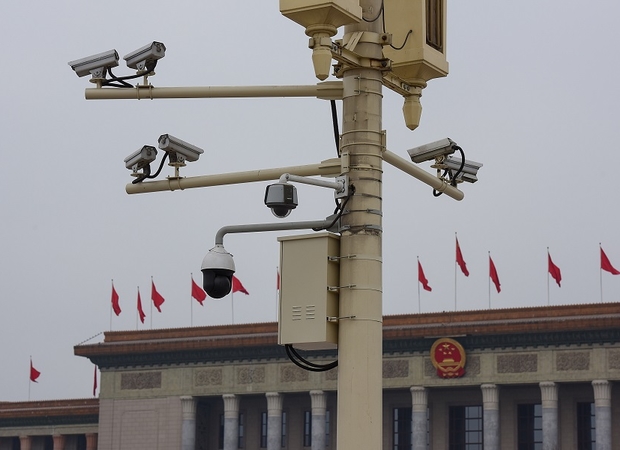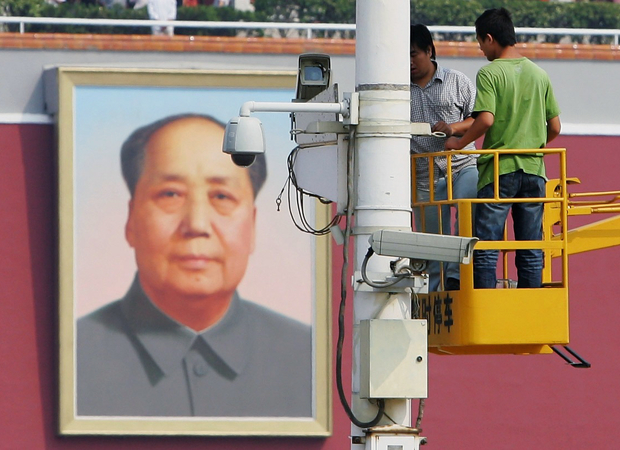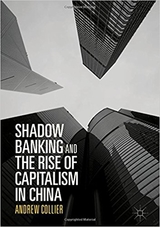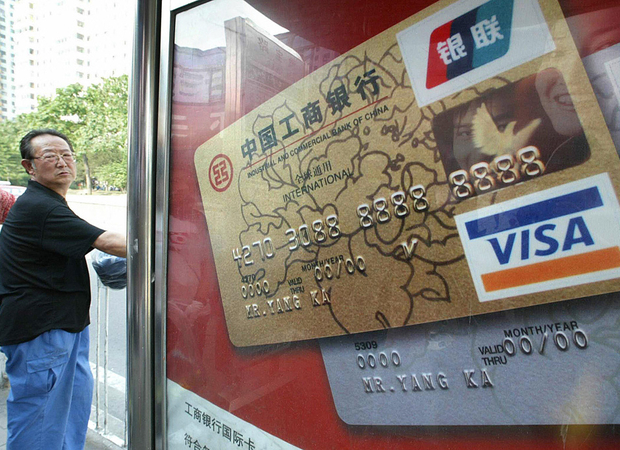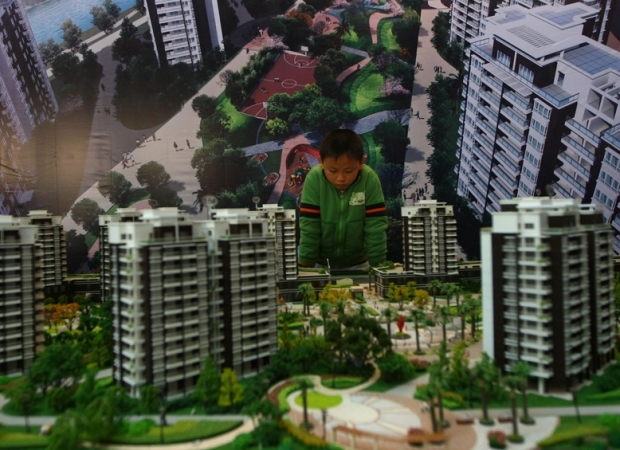China Millennials’ Love of Credit Cards Raises Debt Fears
Mr Wang is part of a generation of young consumers who have rejected the thrifty habits of their elders and become used to spending with borrowed money. Outstanding consumer loans — used for vehicle purchases, holidays, household renovations and...




